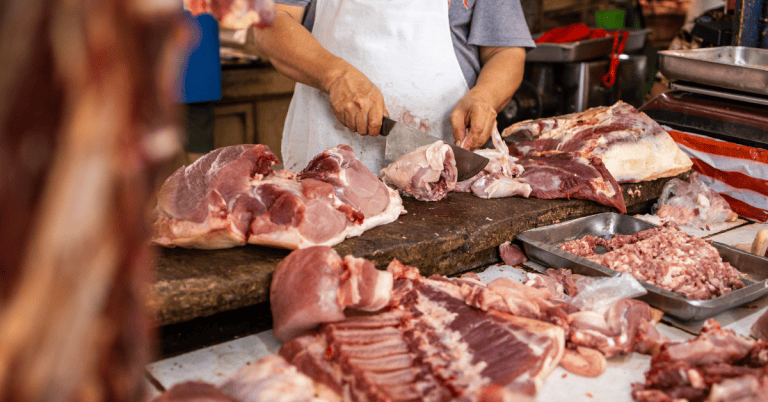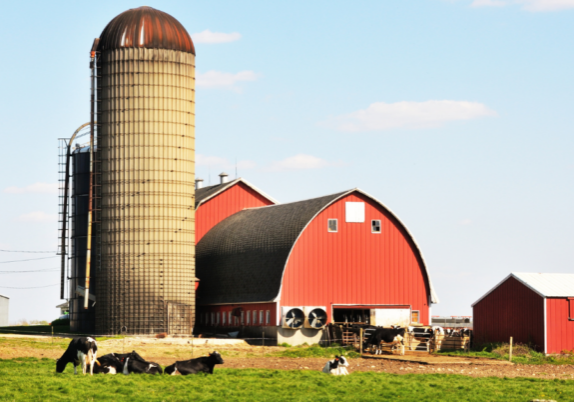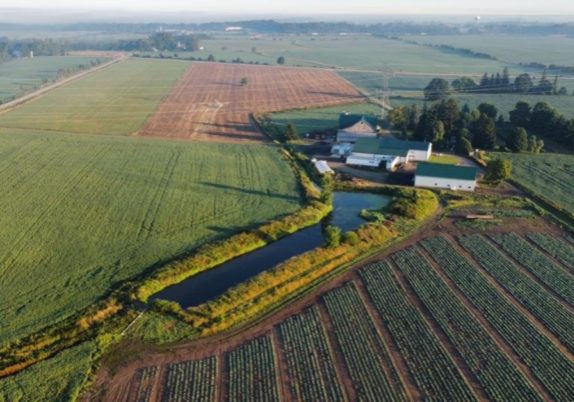Follow-up Letter to Minister Hardeman Regarding Ontario Abattoir Capacity Shortage

Dear Minister Hardeman,
The National Farmers Union – Ontario Livestock Committee would like to thank you for meeting with us on November 4, 2020 to discuss the shortage of provincially licensed abattoir capacity in Ontario. As we noted in our meeting, our survey indicated that there are three major areas that abattoir owners expressed were roadblocks to this industry thriving: regulatory burden on production, labour shortages, and problematic abattoir-inspector relationships.
We were delighted by the announcement of the 4-million-dollar Meat Processors Capacity Improvement Initiative that the Ontario government announced on November 27, 2020. However, we have learned that due to such high demand the window to submit applications was closed after only eight business days (Dec. 11 to Dec. 22). Eight days is a very short period of time to assemble a well-thought-out plan for the use of grant money, as well as put a concise application together. The overwhelming demand for this program is a very clear indication that more money needs to be made available for capacity building improvements.
We were also grateful for your recognition that regulation-related paperwork can and should be streamlined to cut down on unnecessary confusion and time spent, and we look forward to seeing the government’s proposals for ameliorating this issue.
We would also like to recognize that labour shortage issue is beginning to be addressed with discussions about solutions starting to take place. The emphasis so far is for butchery to be recognized as ‘skilled labour’ rather than ‘general labour.’ There are two potentially controversial outcomes to consider.
The first outcome could be that staff working in abattoirs require a substantially higher wage if they achieve certain qualifications. Increased wages mean increased costs for the farmers bringing their animals in. As it is, processing costs are roughly one-third of the total cost of production of livestock. An increase in that percentage will have to be swallowed by either the farmers or the consumers.
The second potential solution to remedy the labour shortage is more automation on the processing lines. First, this is only a viable option for larger plants. Second, and more importantly, this idea eliminates potential jobs for Ontarians. The NFU-O urges you to consider the labour shortage in animal processing as room for job growth, rather than reduction through automation. We believe that investment into campaigning and training will improve the attractiveness of what should be seen as a noble occupation.
On the issue of abattoir-inspector relations, we suggest that a review be made of the training protocol for inspectors to examine where changes can be made. Inspectors should be encouraged to work with abattoir owners rather than penalizing them. Responses to our survey also indicate that different inspectors often have different interpretations and requirements, and they are often more threatening than helpful when a regulation is not being met properly or other improvements need to be made.
We would like to thank you again for taking time to meet with us and look forward to discussing any of these matters in more detail.
Sincerely,
Hilary Moore
NFU-O Board Member
– For more information –
Hilary Moore (613) 259-2177
NFU-O Board, member, and livestock farmer
Tim Dowling (613) 840-5271
Chair of the NFU’s livestock committee, member, and beef farmer








